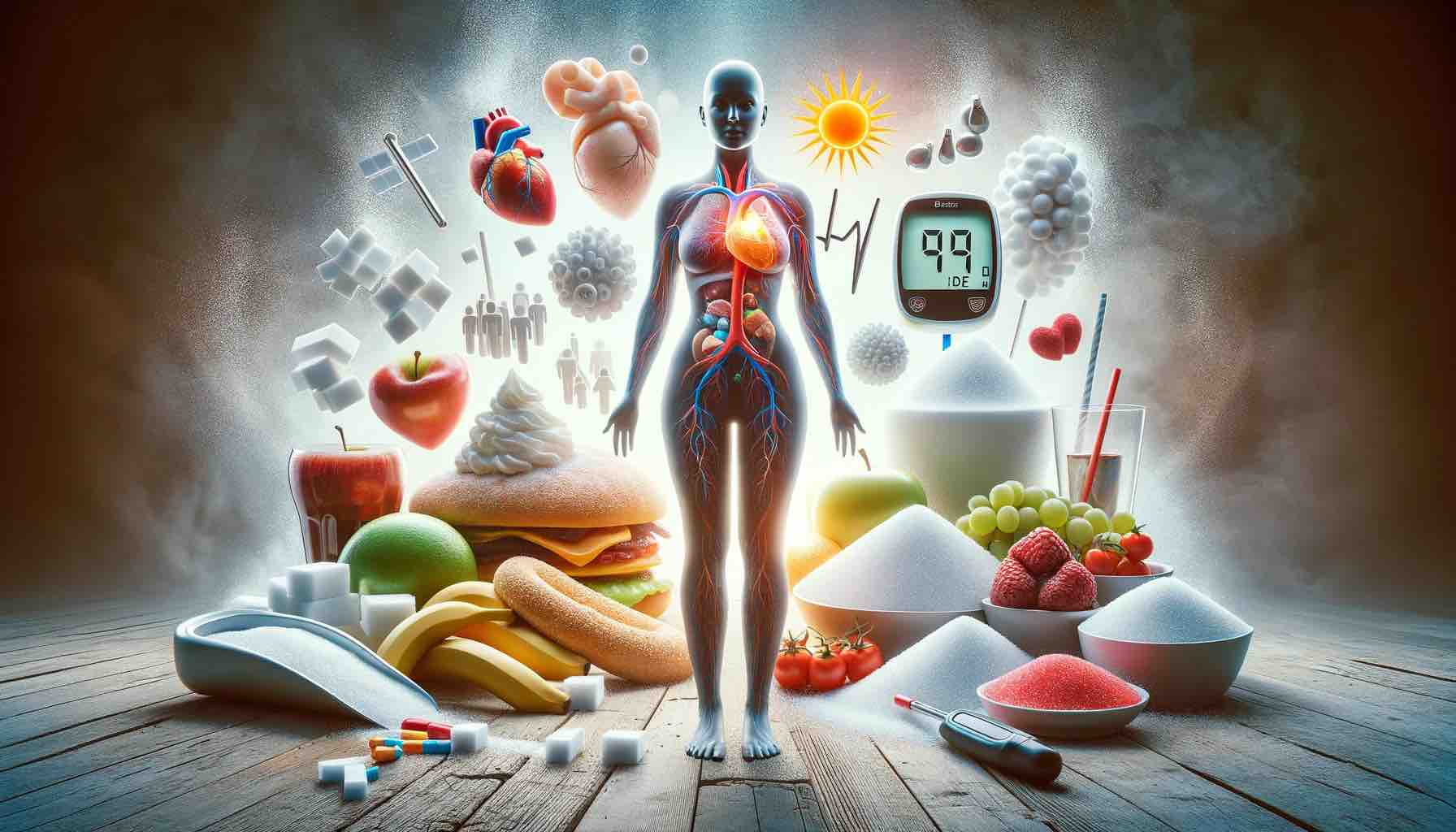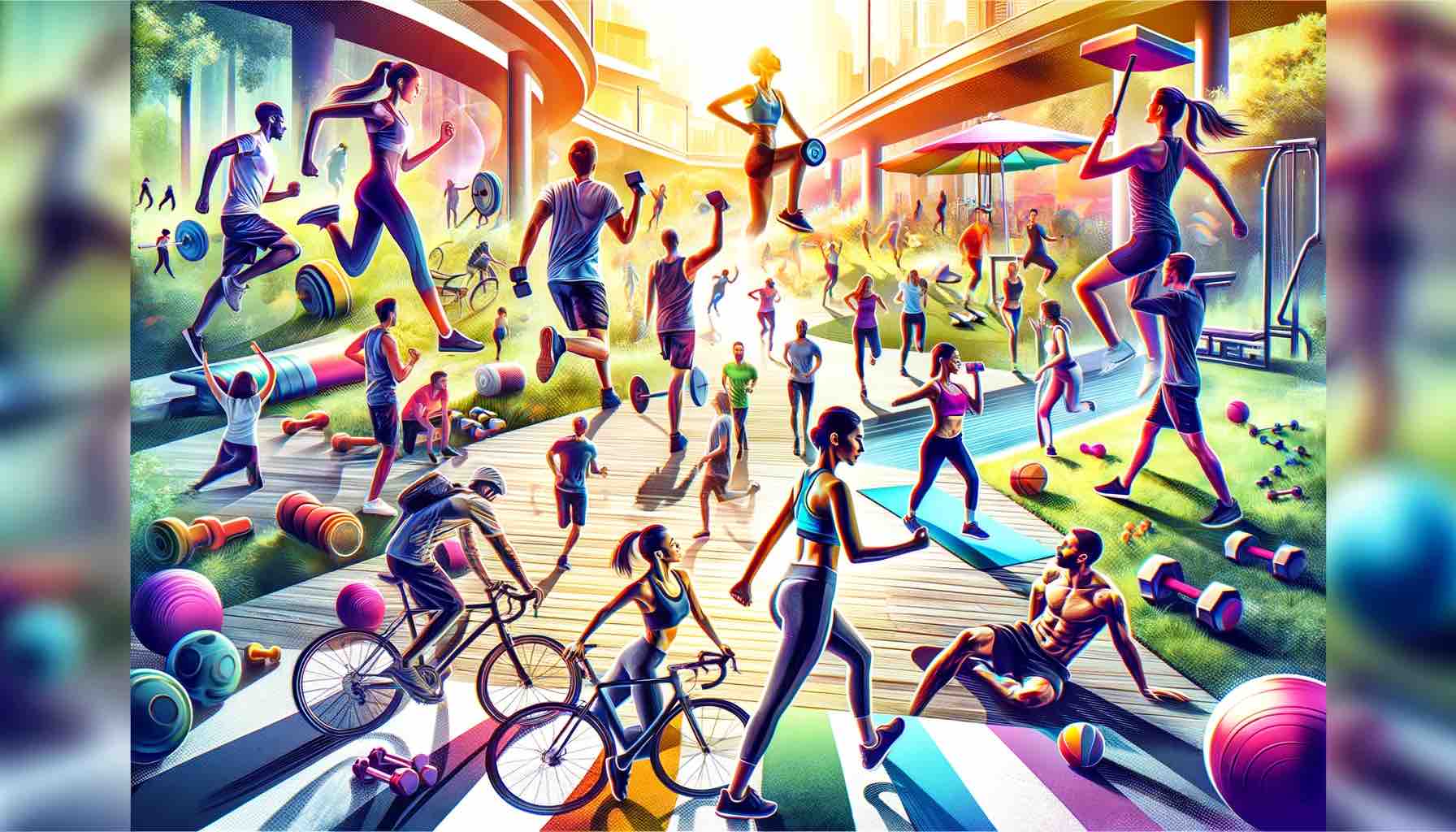
Introduction
Welcome to our deep dive into the world of Zoloft (Sertraline), a medication that has become a cornerstone in the treatment of mood disorders. As much as Zoloft is celebrated for its effectiveness, there’s a growing buzz—especially in online forums—about its impact on sexual health. Whether you’re considering Zoloft, currently taking it, or just curious about its effects, this post is your go-to resource for the latest research and real-world insights.
Understanding Zoloft and Its Impact on Sexual Function
Zoloft, known generically as Sertraline, belongs to a class of drugs called selective serotonin reuptake inhibitors (SSRIs). It’s a popular choice for treating various mood disorders, including depression and anxiety. But how exactly does it work? Zoloft operates by tweaking the levels of serotonin, a key neurotransmitter in our brain often dubbed the “feel-good” chemical. While it’s effective in stabilizing mood, this alteration can have unintended consequences, particularly in the realm of sexual health.
The Sexual Side Effects: A Closer Look
When it comes to sexual function, Zoloft users often report a range of side effects. These include:
- Erectile Dysfunction (ED): A common concern among men, where achieving or maintaining an erection becomes a challenge. Although the exact cause is still under research, it’s believed to be linked to serotonin’s role in sexual arousal and performance.
- Reduced Libido: Both men and women on Zoloft have reported a noticeable dip in sexual desire. This can be distressing, impacting not just personal well-being but also relationships.
- Orgasm Challenges: Difficulty in reaching orgasm or experiencing less intense orgasms is another reported side effect, adding to the complexity of Zoloft’s impact on sexual life.
Interestingly, Zoloft also finds a place in treating premature ejaculation (PE), given its ability to delay orgasm. This dual role of Zoloft—both as a cause of certain sexual dysfunctions and a treatment for others—makes it a unique medication in the landscape of sexual health.
Latest Research and Findings (2023)
The year 2023 has brought forward some pivotal studies shedding light on Zoloft’s long-term effects on sexual health. One of the most significant concerns is Post-SSRI Sexual Dysfunction (PSSD), a condition where sexual side effects persist even after stopping the medication. The occurrence of PSSD, while rare, is significant enough to warrant attention. Recent findings indicate that the risk of erectile dysfunction is notably higher in those treated with SSRIs like Zoloft. Specifically, the risk of PSSD was estimated to be about 0.46% among patients.
But it’s not just about the numbers. The quality of life impact these side effects have can be profound. Users often describe substantial and prolonged suffering, with a marked decrease in overall life satisfaction. Recognizing and diagnosing PSSD correctly is crucial, as misdiagnosis can lead to ineffective or even harmful treatments.
High Prevalence During Treatment
During the period of active treatment with SSRIs, the prevalence of sexual dysfunction is surprisingly high. Studies have reported rates ranging from 58 to 73 percent, a figure much higher than what was initially anticipated. This indicates that sexual side effects are not just a peripheral issue but a central concern for a significant portion of those on Zoloft.
Real-World Experiences and Discussions
Turning to platforms like Reddit, we find a goldmine of personal narratives that paint a vivid picture of life on Zoloft. Users speak candidly about their struggles with erectile dysfunction, reduced libido, and the challenges in managing these side effects. However, it’s not all about the struggles. There are also stories of successful management of premature ejaculation, illustrating the varied impact of Zoloft on sexual health.
One recurring theme in these discussions is the role of dosage. Some users find relief with lower doses, while others require adjustments for optimal benefits. Another critical aspect is the concern about the longevity of these side effects, with some users reporting challenges that persist even after discontinuing Zoloft.
Managing Zoloft-Induced Sexual Side Effects
Navigating the waters of sexual side effects while on Zoloft can be challenging, but there are strategies to help mitigate these issues:
Personalized Dosage Adjustments
- Adjusting the dosage of Zoloft can sometimes effectively balance its therapeutic benefits with the minimization of sexual side effects. This requires close consultation with a healthcare provider.
Alternative Treatment Options
- In some cases, switching to a different antidepressant might be recommended. Antidepressants like Bupropion (Wellbutrin), Mirtazapine (Remeron), Vilazodone (Viibryd), and Vortioxetine (Trintellix) are known for having a lower rate of sexual side effects.
Supplementary Treatments
- Adding medications specifically aimed at improving sexual function, such as sildenafil (Viagra) for men, has shown some promise. However, it’s essential to approach this with medical advice, especially for women, where research is still ongoing.
Remember, what works for one person might not work for another, so finding the right strategy can take time and patience.
Making Informed Decisions
The journey with Zoloft is deeply personal and varies from individual to individual. Making informed decisions about your treatment is crucial:
Consult with Healthcare Professionals
- Openly discuss your concerns and side effects with your healthcare provider. They can offer personalized advice and adjustments based on your specific situation.
Stay Informed
- Keep yourself updated with the latest research and findings. Understanding the potential side effects and how they can be managed is key to making empowered decisions.
Consider Lifestyle Factors
- Incorporating a balanced diet, regular exercise, and stress-reduction techniques can complement your treatment and potentially alleviate some side effects.
Conclusion
Zoloft, like any medication, comes with its set of pros and cons. Understanding its impact, especially on sexual health, is vital in navigating its use effectively. Remember, while platforms like Reddit offer a wealth of user experiences, medical decisions should always be grounded in professional healthcare advice.
We hope this post has provided you with comprehensive insights into Zoloft’s sexual side effects and equipped you with the knowledge to make informed decisions. Your mental and sexual health are both important, and finding the right balance is key to your overall well-being.
Call to Action: Have you experienced sexual side effects while on Zoloft? How have you managed them? Share your stories in the comments below to help others on their journey. For more information, always consult your healthcare provider.













